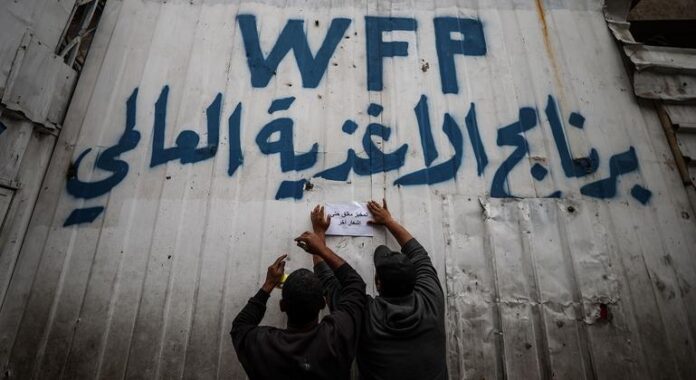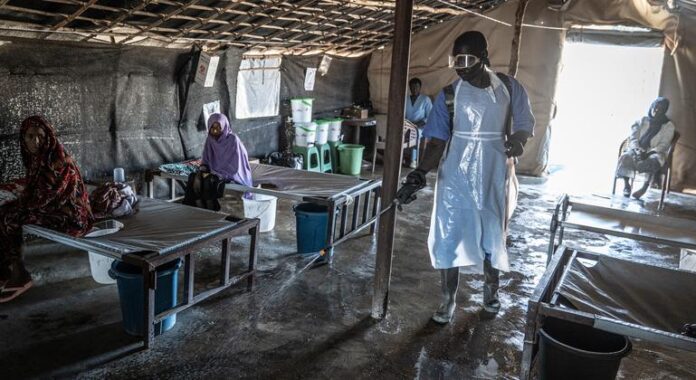With an estimation of around 12 million people with a history of cancer in Europe, including around 300 000 children, effective therapies and supportive care are key not only to ensure higher survival rates, but also to improve patients’ quality of life before, during and after the treatment.
During this year’s European Week Against Cancer, discover EU-funded projects and initiatives that are working to provide cancer patients with the highest quality of life possible.
EU4Health
OACCUS (Outdoor Against Cancer Connects Us) developed and sustained a network of young people living with cancer to improve their quality of life through the promotion of a healthy lifestyle based on outdoor sports and exercise, a healthy nutrition, physical and mental wellbeing and a healthy environment.
The project developed a virtual platform with a total of 280 resources for young people living with cancer including articles, videos and podcasts, and trained a network of 500 Ambassadors.
The Joint Action eCAN identified actions and developed a roadmap for scaling up e-health, telemedicine and remote monitoring applications to reduce cancer care inequalities across the EU. The roadmap provides the state of play of current telemedicine practices, envisions the future landscape of digital health in the EU, and outlines recommendations that need to be taken to transition from the current state of play to the desirable future situation. According to the project conclusions, integrating telemedicine into day-to-day healthcare practices requires a combination of policy frameworks, IT infrastructure development, training and educational resources, stakeholder engagement, integration into healthcare systems, and continuous evaluation. Concretely, eCAN recommended engaging patients in the design and testing of telemedicine services, while also offering specialised training and resources to healthcare providers and caregivers to assist patients in adopting this new technology. Moreover, eCAN highlighted the need to ensure the development of solid IT infrastructures for telemedicine services and the exchange of health data among EU countries.
The work done during the project’s two years of existence will continue with the next Joint Action, eCAN Plus, a four-year initiative that will aim to enhance the digital capabilities of cancer centres in the EU, with a particular focus on Eastern Europe. Its wider scope aims to address new challenges, such as enhancing digital collaboration within and among cancer centres and aligning cancer centres with the European Health Data Space infrastructures.
HaDEA is also managing a contract to produce a study to map the provision of healthcare to Adolescent and Young Adults (AYA) cancer patients and survivors in all EU countries, Norway and Iceland. Based on the evidence collected, the study will document and analyse major barriers and enabling factors for the design and provision of quality care before, during and after cancer treatment, while also highlighting best practices and innovative approaches. The contractors will develop recommendations for future actions at the national level and suggest strategies to improve the provision of targeted healthcare to AYA cancer patients and survivors.
Another study on the quality of life for cancer patients and survivors (CanQoL+) aims to examine the policy actions implemented across countries to monitor and improve quality of life, as well as identify common indicators to comprehensively assess progress on quality of life across European countries, Norway and Iceland.
Horizon Europe
EUonQoL is establishing a standardised, patient-centred approach for assessing the quality of life of cancer patients and people with a history of cancer across Europe. By developing a harmonised methodology, the project seeks to generate reliable, comparable data to inform policy and improve patient outcomes.
Based on a literature review and co-design activities with cancer patients, caregivers and relevant stakeholders, the project has already developed a set of quality-of-life questionnaires and piloted them in cancer centres across Europe. The next phase focuses on the implementation of these questionnaires in the form of surveys at the national and European levels and spontaneous data collection, while exploring practical ways by which EUonQoL can synergise with leading initiatives and organisations in European and national cancer policy.
Background
EU4Health is the fourth and largest of the EU health programmes. The EU4Health programme goes beyond an ambitious response to the COVID-19 crisis to address the resilience of European healthcare systems. The programme provides funding to national authorities, health organisations and other bodies through grants and public procurement, contributing to a healthier Europe. HaDEA manages the vast majority of the total EU4Health budget and implements the programme by managing calls for proposals and calls for tenders.
Horizon Europe is the research and innovation programme of the EU for the period 2021-2027. The aims of Cluster 1 ‘Health’ include improving and protecting the health and well-being of citizens of all ages by generating new knowledge, developing innovative solutions and integrating where relevant a gender perspective to prevent, diagnose, monitor, treat and cure diseases. Horizon 2020 (H2020) was the EU’s multiannual funding programme between 2014 and 2020.










